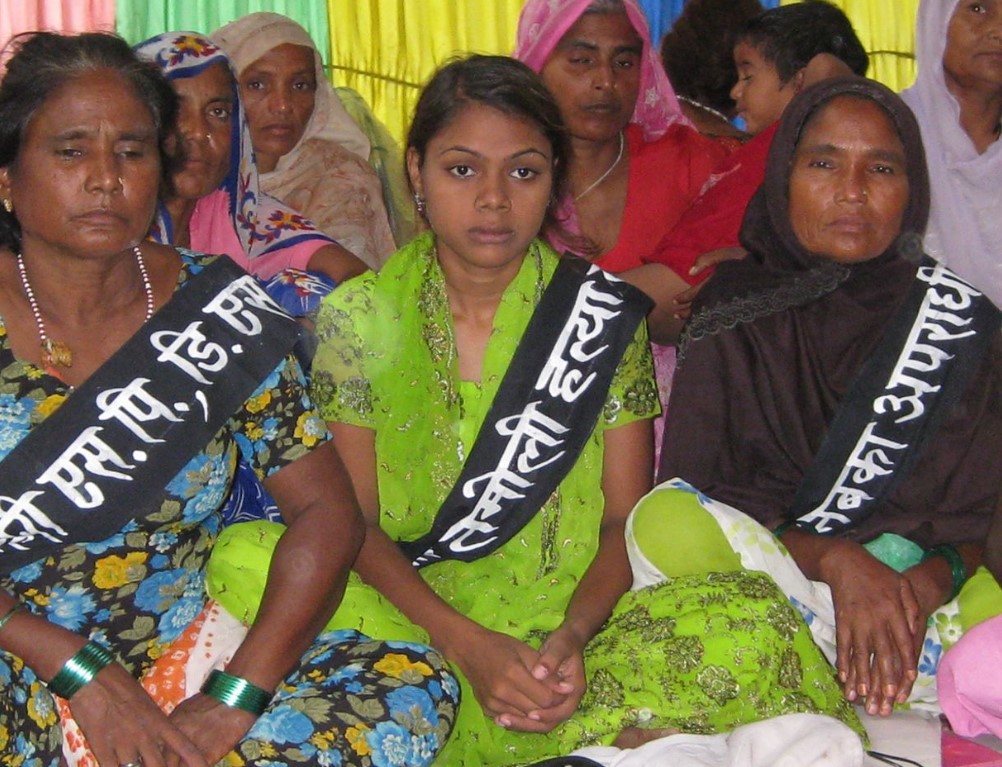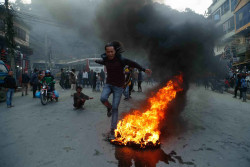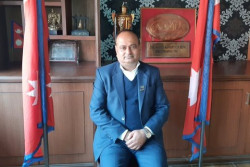Crime

Nepal’s government has yet to pursue justice for Maoist insurgency-era rights abuses or continuing abuses by security forces, Human Rights Watch says in its new report.
The New York-based rights organisation’s World Report 2023 points out that the Nepali government has not investigated cases of torture, enforced disappearance, or extrajudicial killing that occurred between 1996-2006.
It also blames that the government has “blocked conflict-related cases from proceeding in the regular courts” and that it has “failed to credibly investigate or prosecute continuing allegations of abuse by the security forces”.
HRW’s new report comes barely two days after Nepal’s new government led by former rebel leader Pushpa Kamal Dahal Prachanda reiterated his commitment to transitional justice for people affected during the Maoist insurgency.
In its common minimum programme finalised on Monday the Prachanda administration pledged to amend the Enforced Disappeared Enquiry, Truth and Reconciliation Act and pave the way for transitional justice.
Furthermore, the HRW report notes that “Nepali women and members of marginalised communities, including Dalits, are disproportionately the victims of rights violations, and also find it hardest to seek redress”.
“Lack of justice for conflict-era violations has contributed to a general state of impunity in post-conflict Nepal, undermining respect for human rights and governance across the board,” said Meenakshi Ganguly, South Asia director at Human Rights Watch.
“The newly elected government should amend the transitional justice bill to address its shortcomings, bring it back to parliament, and finally move forward with delivering truth, reparations, justice, and guarantees that the abuse will not recur.”
In the 712-page World Report 2023, its 33rd edition, Human Rights Watch reviews human rights practices in close to 100 countries.
Transitional justice bill
In Nepal, the report notes that a new transitional justice bill, to address abuses committed during Nepal’s 1996-2006 civil war, was presented to parliament in August 2022.
“It raised some hopes among victims and families who have waited over 16 years for justice, but it had significant flaws”, including “wording that makes it possible to grant an amnesty for certain gross violations of human rights, crimes against humanity, and war crimes”.
In addition, the report says, verdicts from a new special court would not be subject to judicial appeal, in violation of international fair trial guarantees. “The bill was neither amended nor brought to a vote before parliament was dissolved ahead of November elections.”
The continuing impunity for conflict-era violations is matched by impunity for ongoing abuses by law enforcement and security forces, according to the report.
Deaths caused by the use of excessive or unnecessary force while policing protests, as well as deaths in custody allegedly as a result of torture, are rarely if ever credibly investigated, it alleges.
It notes some examples. On May 18, a 20-year-old Dalit man, Sundar Harijan, died in Rolpa jail in suspicious circumstances while serving another person’s sentence in an apparent case of corruption by prison officials, it says.
On June 6, police killed an 18-year-old woman, Nabina Tharu, in Bardiya district, when they opened fire on protesters who were blocking a road using live ammunition, it adds.
Sexual violence
A series of high-profile rape allegations led to repeated protests and calls to address widespread sexual violence in Nepal, according to the report.
It says: “Official statistics show that the number of recorded rapes has risen in recent years. A statute of limitations was extended from one year to two (or three years if the victim is a child), but the limitation remains an obstacle to justice. Victims of conflict-related sexual violence are among those affected.”
Moreover, it says, the rate of child labor increased as a result of the Covid-10 pandemic, and UNICEF found that one in five families struggles to feed their children. “These problems could be eased if the government fulfilled a commitment to extend the Child Grant social protection program to all districts.”
It notes that Nepal’s Parliament passed a new citizenship act, but President Bidya Bhandari refused to sign it. “If it becomes the law, the act could provide citizenship documents to thousands of people who were excluded under the previous law.
"However, it still contains provisions that discriminate against women, making it harder for them than for Nepali men to pass Nepali citizenship to their children, leaving millions of people effectively stateless.”






